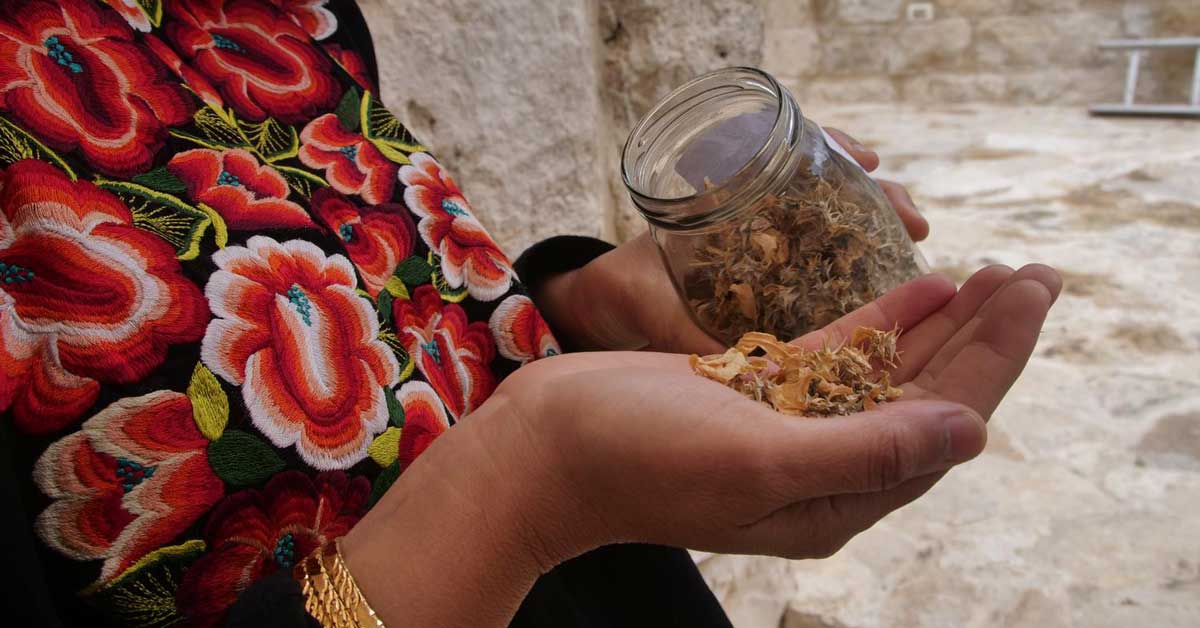Yesterday, approximately 32 million people in North America came together to gaze upon the total solar eclipse, all united by the collective awe of a major celestial event — and the day’s must-have accessory: eclipse glasses.
These glasses — which were distributed from some retail locations around the United States, or from local libraries and eye doctor’s offices — are key to avoiding damage to the eyes when looking up at the sun. Simply put: If someone wants to enjoy the eclipse, these glasses are required.
While it was easy to find these futuristic cardboard glasses around the country (folks could even get them for free with a themed drink from places like Sonic or Smoothie King), they are not as easily accessible in other places around the world — places that also experience special, humanity-affirming celestial events.
In fact, Latin America will be the site of an annular eclipse this upcoming October, and Eclipse Glasses USA is collecting those gently used souvenirs from folks who enjoyed yesterday’s show among the stars.
The annular eclipse will take place on Oct. 2, 2024, with a “ring of fire” passing over parts of the Pacific Ocean, southern Chile, and southern Argentina.
Through the company’s Eclipse Give Back Program, folks can send their undamaged glasses to be donated to schools in Latin America for the upcoming eclipse. “Undamaged” means that they will accept glasses without any scratches, punctures, or tears.
“The beauty of this donation program lies in its global reach. Solar eclipses are not limited to one region or country; they occur at different times across the world,” the company writes on its website.
“By collecting and redistributing eclipse glasses, Eclipse Glasses USA ensures that children in various countries can marvel at this celestial event without risking their eyesight.”
Those who want to ship their used glasses to the cause have until August 1 of this year to do so, mailing them to the following address:
Eclipse Glasses LLC
PO Box 50571
Provo, UT 84605
And if you’re ready to stock up ahead of time for the next total solar eclipse over North America in 2044, Eclipse Glasses USA also has a “5 for 1 program,” which donates one pair of eclipse glasses for every five-pack of glasses sold. As of this April, the program has donated over 30,000 glasses.
“Eclipse Glasses USA’s donation program is more than just a charitable initiative. It’s a movement that aims to bring people together, irrespective of geographical boundaries, under the vast canopy of the universe,” the company writes.
“It’s about sharing, caring, and ensuring that the wonders of the cosmos are accessible to all, especially the curious minds of the future.”
Aside from making sure these safety tools are free and accessible to folks in other areas of the world, this is also a way to practice sustainability — especially as we marvel at the beauty of living here on Earth.
“Gather your communities, collectively pull your money together and ship them down in one container so you’re not wasting carbon emissions, and reuse those glasses,” sustainability TikToker Dominic Gambaiani said in a video.
“If we all shared more resources, we could change our mindset and live more sustainably.”
Other ways to donate or recycle eclipse glasses
Since most eclipse glasses are made from cardboard, they can be easily recycled by punching out the lenses. However, if you want to leave it to the professionals, there are a variety of ways to donate or recycle your used glasses.
- Drop off your glasses at all Warby Parker locations across the country by April 30 to donate them to Astronomers Without Borders
- Find a donation location on this list of community partners that work with Astronomers Without Borders
- If your local library distributed glasses, check to see if they are accepting return donations
- Hold onto them! The American Astronomical Society says modern eclipse glasses do not expire and will last until 2044, as long as they comply with the ISO 12312-2 certification and are not damaged
Header image courtesy of Adam Smith on Unsplash



